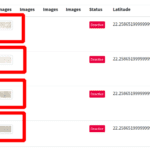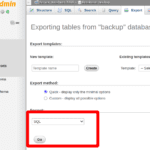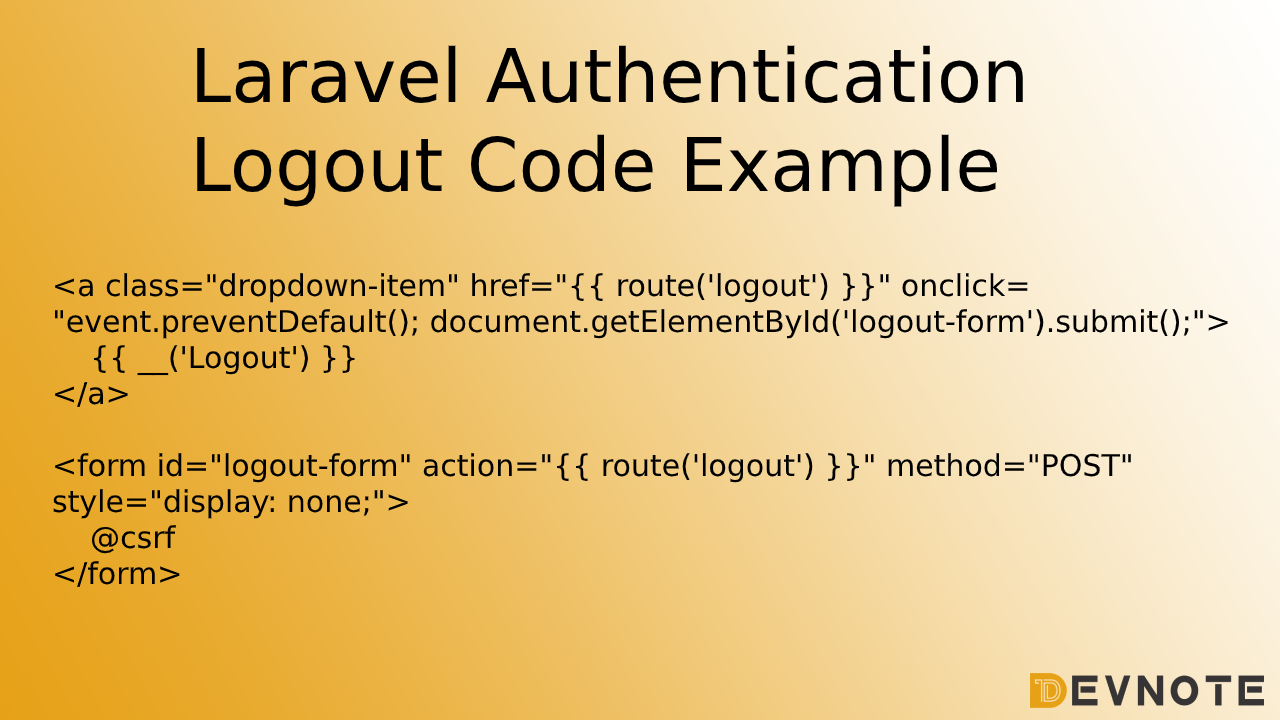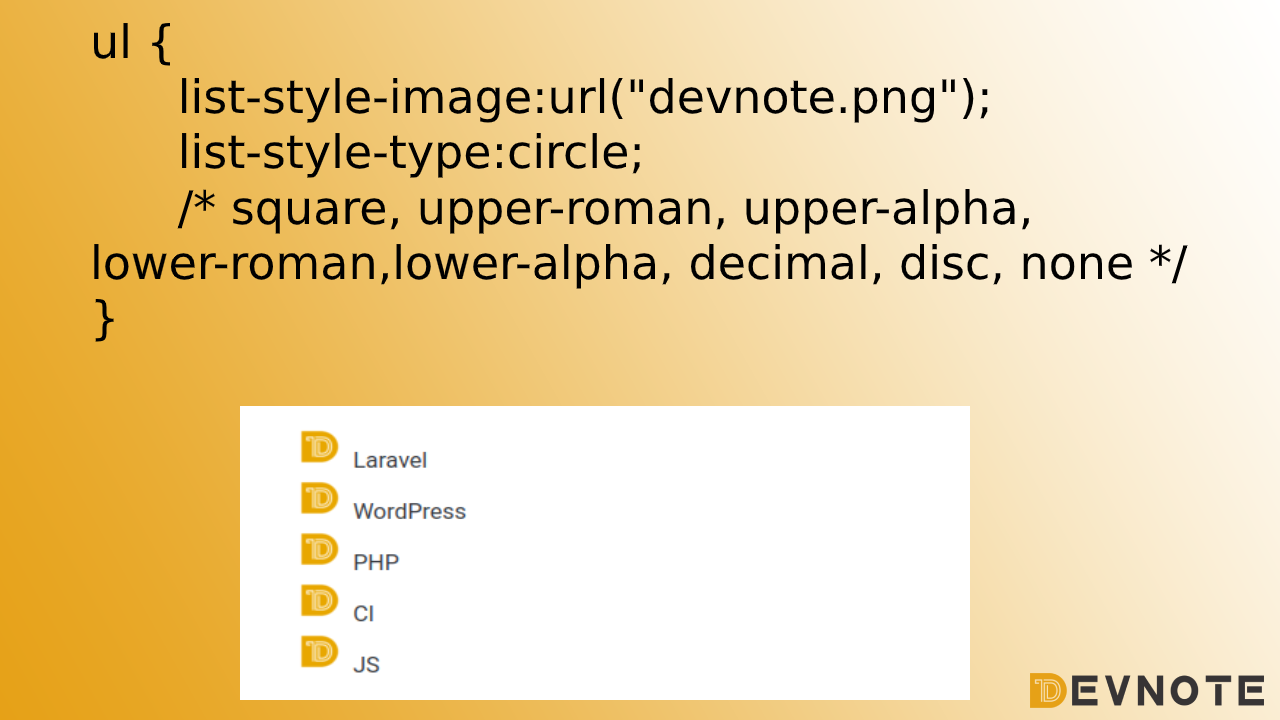Why Bother with Comments When Your Code is Self-Explanatory?
As a programmer, you may have heard the phrase “self-documenting code” before. This is the idea that your code should be so clear and concise that it doesn’t require any additional explanation in the form of comments. While this is a noble goal, it can also be a bit of a trap. After all, if your code is too easy to understand, what’s the point of having colleagues?
In this guide, we’ll explore the concept of making your code incomprehensible. We’ll discuss why you should bother with comments, even when your code is self-explanatory, and we’ll give you some tips and tricks for making your code as confusing as possible. Whether you’re a seasoned developer looking to hone your skills or a new programmer eager to make a name for yourself, this guide is for you.
1 Why Bother with Comments When Your Code is Self-Explanatory?
If your code is truly self-explanatory, you might wonder why you need comments at all. After all, comments take time to write and can sometimes be misleading or inaccurate. However, there are several reasons why comments are still essential, even if your code is crystal clear.
1.1 Comments Provide Context
Even if your code is easy to understand, it’s not always clear why you wrote it that way. Comments can provide additional context, explaining the reasoning behind certain decisions or outlining the goals of a particular section of code. This can be especially helpful for colleagues who are new to the project or who have different areas of expertise.
1.2 Comments Can Help with Maintenance
Code is rarely static. Over time, you or someone else will need to modify or add to it. When this happens, comments can be a lifesaver. They can help you remember what you were thinking when you wrote the code, making it easier to make changes without accidentally introducing bugs or breaking existing functionality.
1.3 Comments Make Debugging Easier
Even the best code can have bugs. When you’re trying to fix a problem, it can be helpful to have comments to guide you. They can help you understand the flow of the code and identify where errors might be occurring. Without comments, you might find yourself spending hours trying to decipher what the code is doing.
2 Tips and Tricks for Making Your Code Incomprehensible
Now that we’ve established why comments are still important, let’s talk about how to make your code as confusing as possible. Here are a few tips and tricks to get you started:
2.1 Use Obscure Variable Names
One of the easiest ways to make your code incomprehensible is to use variable names that don’t make any sense. Instead of using descriptive names like “firstName” and “lastName,” try using random letters or numbers. For example, you could use “x” or “y” instead of “age.”
2.2 Don’t Worry about Formatting
Formatting can make a big difference in how readable your code is. But if you’re trying to make it incomprehensible, you’ll want to ignore all the usual rules. Don’t worry about indentation, spacing, or line breaks. Make everything run together in one long string of characters.
2.3 Use Magic Numbers and Strings
Magic numbers and strings are values that are hard-coded into your code without any explanation. For example, you might have a line that says “if (x == 42).” What does 42 represent?
2.4 Write Code that Does Too Much
Another way to make your code incomprehensible is to write functions that do way more than they should. Instead of breaking down complex tasks into smaller, more manageable pieces, write one giant function that tries to handle everything at once. This will make it difficult for anyone to understand what’s going on.
2.5 Use Lots of Nested Conditionals
Nested conditionals are when you have if statements inside other if statements. This can quickly become confusing and difficult to follow. By nesting your conditionals as deeply as possible, you’ll ensure that no one can understand what your code is doing.
2.6 Don’t Use Comments
If you really want to make your code incomprehensible, don’t use comments at all. This will make it almost impossible for anyone else to understand what’s going on. It will also make it difficult for you to remember what you were thinking when you wrote the code in the first place.
3 FAQs
There are a few reasons why someone might want to make their code incomprehensible. Perhaps they want to frustrate their colleagues or make debugging more difficult. Or maybe they’re trying to prove how smart they are by writing code that’s hard to understand.
No, it’s never a good idea to intentionally write code that’s confusing. While there may be reasons why someone would want to do this, it’s not a professional or ethical approach to programming. Clear, concise code is always better than code that’s deliberately difficult to understand.
4 Conclusion
While the idea of making your code incomprehensible might seem like a fun challenge, it’s not a productive or professional approach to programming. Clear, concise code is always the goal, and comments can be an important tool for achieving that goal. By using descriptive variable names, following formatting guidelines, and breaking down complex tasks into smaller functions, you can write code that’s easy to understand and maintain. Don’t fall into the trap of thinking that incomprehensible code is impressive or clever. In the end, it will only cause headaches and frustration for you and your colleagues.








